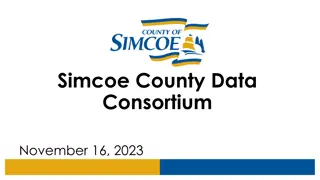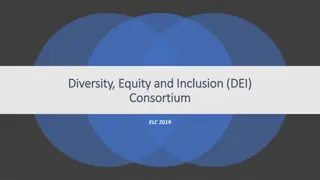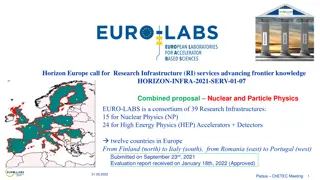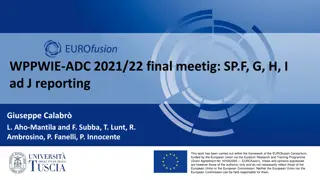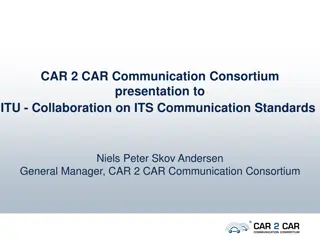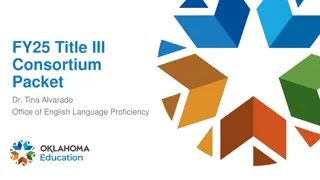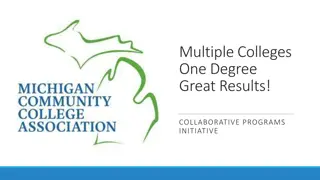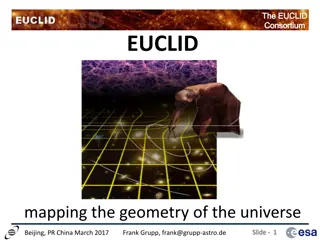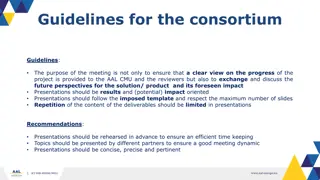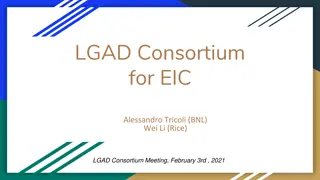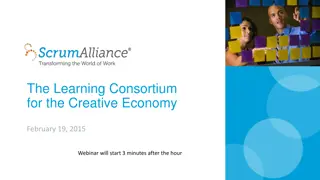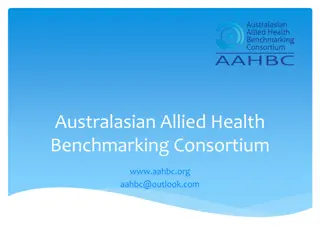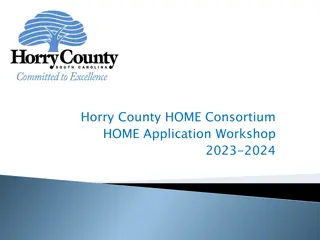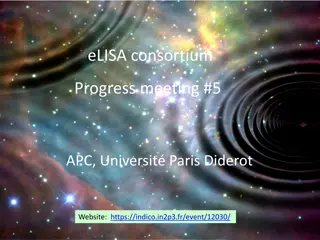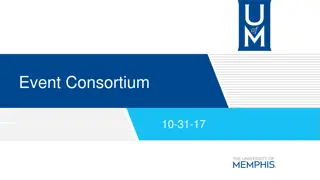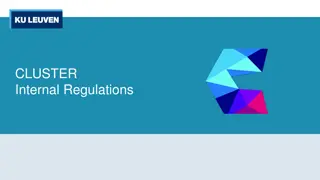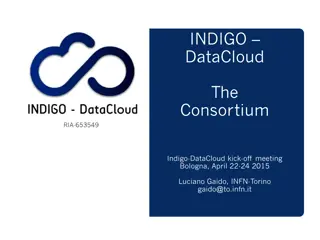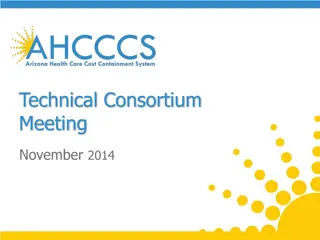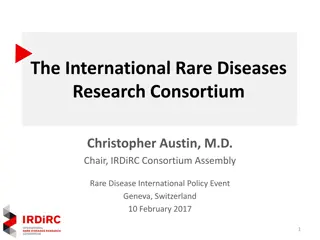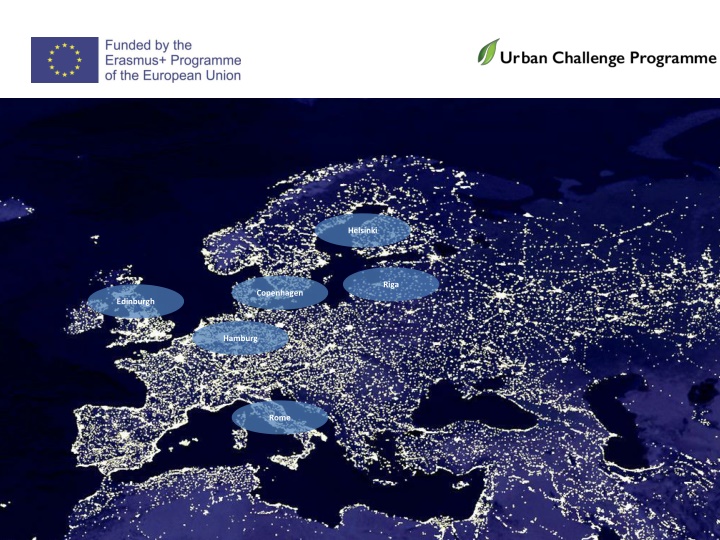
Urban Studies Cross-Institutional Collaboration Feedback
Explore feedback and suggestions from students on the valuable aspects of an urban studies program involving cross-institutional collaborations. Discover insights on improvements for a more enhanced learning experience.
Download Presentation

Please find below an Image/Link to download the presentation.
The content on the website is provided AS IS for your information and personal use only. It may not be sold, licensed, or shared on other websites without obtaining consent from the author. If you encounter any issues during the download, it is possible that the publisher has removed the file from their server.
You are allowed to download the files provided on this website for personal or commercial use, subject to the condition that they are used lawfully. All files are the property of their respective owners.
The content on the website is provided AS IS for your information and personal use only. It may not be sold, licensed, or shared on other websites without obtaining consent from the author.
E N D
Presentation Transcript
Helsinki Riga Copenhagen Edinburgh Hamburg Rome
18 16 14 12 Number of students from partner university 10 Number of students from CBS 8 6 Number of students from DTU 4 2 0 ECUC HACUC HECUC RICUC ROCUC
To t a l n u m b e r o f s t u d e n t s 2 0 1 6 a n d 2 0 1 7 87 145
Feedback from students The most valuable about the course I think the most valuable part of the course was the fact that our work would have an impact. It was not just about learning, it was about learning by acting as consultants. The group work was very valuable since group members had chances to exchange insights. The insights helped me understand the local context of Helsinki and Copenhagen. The most valuable was actually seeing some of the smart solutions being implemented in real life. Great opportunity to see the solutions, talk with the experts and learn not only about the benefits but also about burdens of implementation. The experiences gained from collaborating with a partner university and experience how things are done in another institution. Interesting case companies, which in my case was very participative. Seeing infrastructure developments in Copenhagen in comparison to R ga. As well as seeing how infrastructure can be developed and upgraded with big and generally small investment volumes.
Valuable output Cross-institutional collaborations The cross-disciplinary learning experience The hands-on and real-life teaching cases The comparative aspect of studying in two different urban settings
F e e d b a c k f r o m s t u d e n t s S u g g e s t i o n s f o r i m p r o v e m e n t s A stronger link between the institutions would make it a more coherent program. Be more focused on making the groups cross-disciplinary, so the disciplines get mixed better. Leave one or two full days for group work. I think it might improve attendance and give people a bit more time since it is difficult to really start the project before we had a decent amount of information. Better organised, timetable known in advance, literature provided in advance, clear evaluation criteria known from the start. If students can have an eco-system map of the companies and organizations in the visiting plan before starting the project it would be great
Improvements Stronger linkages between the universities Make sure all study-groups are inter-disciplinary and have students from both universities More time for group work The online learning platform should be more useable Information about the exam assignment should be presented at the very beginning of the course
F e e d b a c k f r o m b u s i n e s s p a r t n e r s The different study backgrounds and nationalities gave a high rate of reflection and quality to the work and output of the course. Interaction with the students provides fresh ideas and insights. Meeting researchers who could help with our own programme. The schedule is maybe too tight. Especially if the students are to collaborate with external partners.
F e e d b a c k f r o m f a c u l t y m e m b e r s I would perhaps add some introduction sessions concerning the fields of study represented by the organising departments just to make the students understand the backgrounds of the teacher's approaches. There should be a moment of exchange of experiences between teaching staff of the two places. This exchange may improve the outcomes in terms of the capacity to compare different situations. The students should "dig a bit deeper" into the topics, in 2018 we will try to motivate them for some more profound analysis of the problems as basis for specific solution finding. Stronger involvement of citizen stakeholders (NGOs etc.) to achieve an optimized quadruple helix cooperation. The potential of the broader Urban Challenge Network could be made available a bit more.
I m p l e m e n t a t i o n b u d g e t a f t e r M i d t e r m r e p o r t i n g
Spending of remaining budget. To all university partners: risk of ending up with a surplus on the mobility budget. The next financial reporting deadline will cover 01.06.2017 31.12.2017 and should be send to Laila stergren before 1stFebruary 2018.
Urban Challenges courses 2018 Course responsible should send the dates for your urban challenge 2018 before 3rd of November Adjustments to the course descriptions must be made before 8th of December

